The profiles below provide the details of academic staff who have a research interest related to Fairtrade. The below staff are happy to be contacted by participants enrolled on the Fairtrade University and College Award programme.
Dr Matthew Anderson

Senior Lecturer in Business Ethics at Portsmouth Business School, University of Portsmouth
Dr Matthew Anderson is a Senior Lecturer in Business Ethics at the University of Portsmouth. He received his PhD in Social and Economic History from the University of Birmingham. He was the Co-convenor of the 2018 Fair Trade International Symposium. Matthew’s research interests focus on the intersection between civil society and business. His main research outputs, to date, have investigated the role of the Fair Trade movement and have explored the key drivers behind the mainstreaming of an alternative business model. He is currently investigating the role of civil society advocacy as a driver of political and regulatory change in relation to Fair Trade and Circular Economy.
Areas of expertise
Business Ethics, Corporate Social Responsibility, Circular Economy, Fair Trade, Social Enterprise
Recent publications
- Anderson, M. (2018) ‘Fair Trade and Consumer Social Responsibility: Exploring consumer citizenship as a driver of social and environmental change’, Management Decision, 56 (3), 634-651.
- Anderson, M. (2015) A History of Fair Trade in Contemporary Britain: From civil society campaigns to corporate compliance. London: Palgrave Macmillan.
Dr Mark Dawson
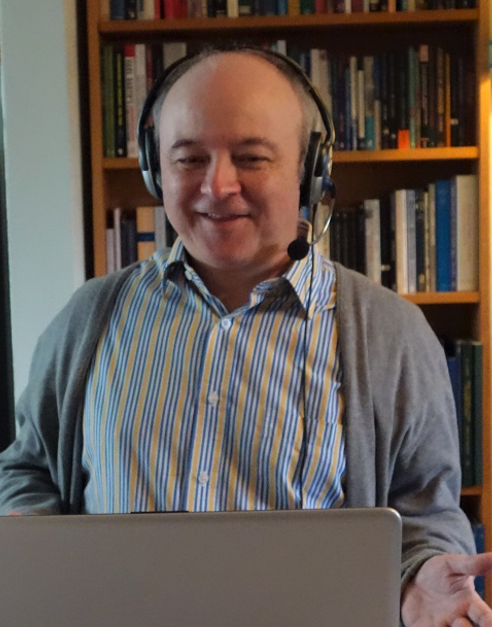
Lecturer in Religion, Philosophy and Ethics at York St John University
Dr Mark Dawson worked in retail management and in local government before returning to academia to research the connection between Fair Trade and religion. His PhD at the University of Leeds looked at support for Fair Trade carried out by churchgoers, examining both the nature of the activity and the ways in which it is linked with their faith. Mark is currently planning a project that will examine the potential of action for Fair Trade is promoting cohesion between diverse sectors of the community. He is the Chair of the National Campaigner Committee of the Fairtrade Foundation and has previously served as the Coordinator of Fairtrade Yorkshire and York Fairtrade City.
Areas of expertise
Public theology; Christian ethics and public life; theology/religion and the environment; religion and social action; religion and international development; religion and globalisation
Recent publications
- Dawson, M. (2020) Justice and demonstrating Christian principles: why churchgoers support Fair Trade. The Expository Times 131:8, 348-357
- Dawson, M. (2019) Church Action for Fair Trade as Public Theology: Learning from the Experience of the Mainstreaming of Fair Trade in the United Kingdom. International Journal of Public Theology 13:1, 55-71
Dr Roberta Discetti
Department of People and Organisation, Business School, Bournemouth University

Dr Roberta Discetti is a lecturer in Business and Management at Bournemouth University. She holds a BA and an MA in Philosophy and received her PhD from the University of Portsmouth with a thesis on Fairtrade certification and consumer activism in Fairtrade Towns. She is interested in the ethics and politics of contemporary consumption, with particular attention to digital market-based activism. Being very keen on academia-practice synergies, Roberta has collaborated with several NGOs in the UK and abroad, including the Fairtrade Foundation in London and the Fair Trade Advocacy Office in Brussels. Since 2017, she has been an active member of the International Fair Trade Symposium Steering Committee.
Areas of expertise
Ethical consumption; Market-based activism; Digital consumer activism
Recent publications
- Discetti, R., (2020). Campaigning for sustainable food: sustainability certified consumer communities. British Food Journal, 123(3), 958-973
- Discetti, R., Anderson, M., Gardener, A., (2020). Campaign spaces for sustainable development: a power analysis of the Fairtrade Town campaign in the UK. Food Chain, 9(1), 8-28.
Professor Jeremy Haggar
Professor of Agroecology and Leader of Ecosystems Serves Research Group, Natural Resources Institute, University of Greenwich
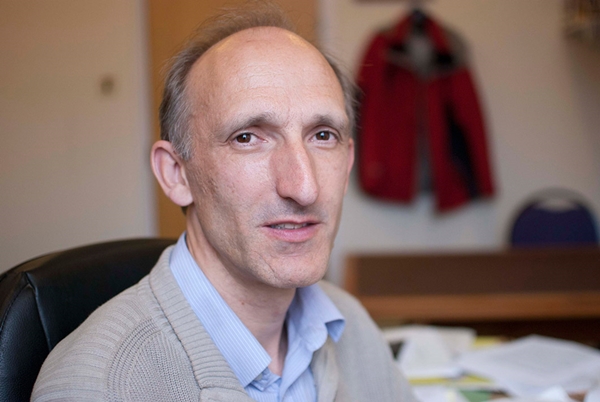
Professor Jeremy Haggar previously lived and worked for 20 years in Mexico, Costa Rica and Nicaragua and for the last 20 years led the coffee group at CATIE (Tropical Agricultural Research and Higher Education Centre) coordinating research and development projects in the coffee sector across Central America. He managed projects that trained tens of thousands of farmers in agroecological production and their cooperatives in business development, most of which were Fairtrade certified. Jeremy has conducted research for the Latin American Coordinator for Fairtrade and for Fairtrade International in organic production and outcomes of Fairtrade certification for smallholder coffee farmers.
Areas of expertise
Environmental-economic trade-offs; Impacts of certification; Climate change mitigation and adaptation for agricultural systems
Recent publications
- Haggar, J., Casanoves, F., Cerda, R., Cerretelli S., Gonzalez, S., Lanza, G., Lopez, E., Leiva, B., Ospina, A., (2021). Shade and agronomic intensification in coffee agroforestry systems: trade-off or synergy? Frontiers in Sustainable Food Systems, 5
- Haggar, J., Soto, G., Casanoves, F., de Melo Virginio, E., (2017). Environmental-economic trade-offs and benefits of sustainably certified coffee farms. Ecological Indicators, 79, pp. 330-337
Dr Smirti Kutuala
Senior Lecturer in Human Resource Management at Kingston Business School
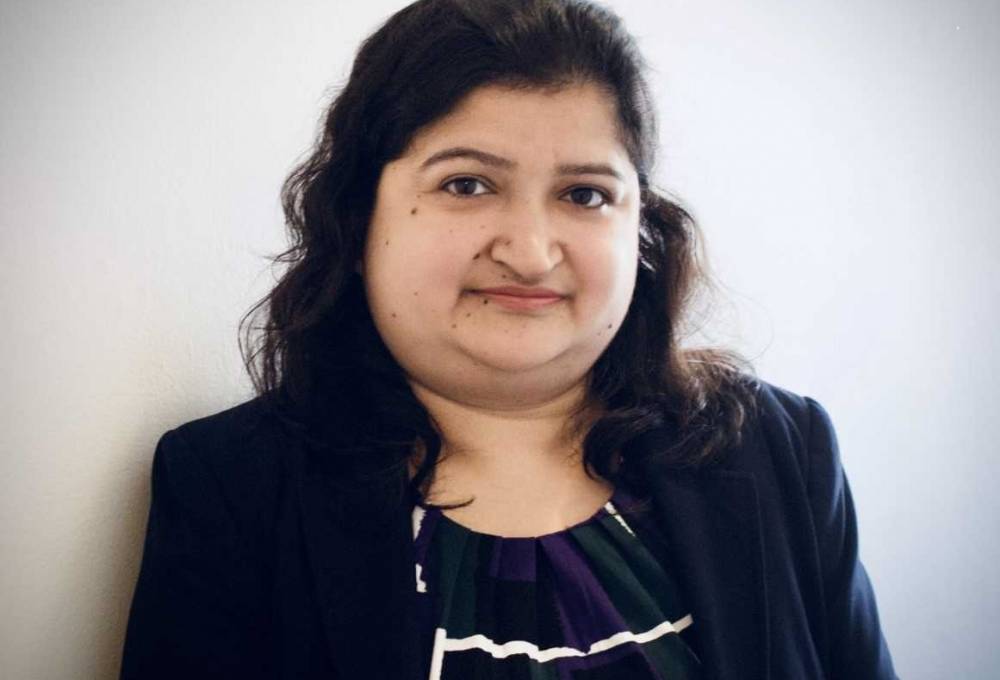
Dr Smirti Kutaula’s research interests include Fairtrade, social enterprises, ethical consumption and sustainability. Smirti was awarded the Staff Social Entrepreneur Award in 2017, Celebrate Enterprise, an annual event which celebrates and raises the profile of enterprise and entrepreneurship across the university. She was awarded as a Green Gown Award finalist in the Staff Sustainability Champion category in 2018 for her teaching, learning and research initiatives in the area of Fairtrade and Ethical consumption. Smirti has published research in leading management journals such as Journal of Business Ethics, Management Decision, International Journal of Human Resource Management and Human Resource Management Review.
Areas of expertise
Sustainability; Fairtrade consumption, Emerging markets
Recent publications
- Gillani, A., Kutaula, S., Leonidou, L. C., & Christodoulides, P., (2019). The impact of proximity on consumer fair trade engagement and purchasing behavior: the moderating role of empathic concern and hypocrisy. Journal of Business Ethics, 1-21
- Gillani, A. and Kutaula, S., (2018). An introduction to special issue: sustainability and ethical consumerism. Management Decision, Vol. 56 No. 3, pp. 511-514
Dr Valerie Nelson
Professor of Sustainable Development, Livelihoods and Institutions Department, Natural Resources Institute, University of Greenwich
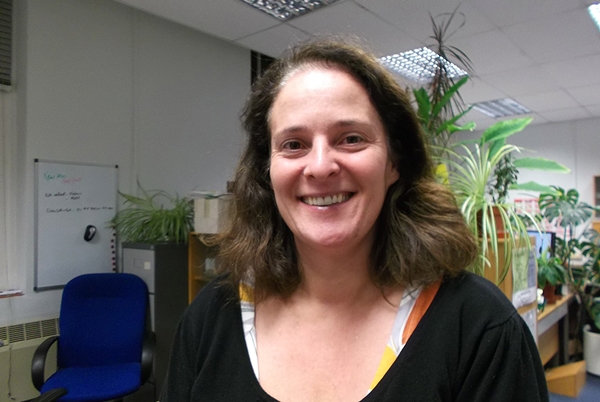
Valerie works on the social dimensions of agriculture, land, natural resources management and biodiversity in Latin America, Africa and Asia. She leads the NRI’s Sustainable Trade and Responsible Business Programme and the Political Ecology-Culture Research Group. She initiated impact research on Fairtrade in the late 1990s and has since conducted multi-year impact evaluations of diverse commodities (coffee, cocoa, cotton etc.) in different countries for diverse donors/Fairtrade organisations. She researches the politics, equity and governance dimensions of sustainable supply chain initiatives, due diligence and regenerative economics.
Areas of expertise
Sustainable production, trade and consumption; Impact, Equity; Gender
Recent publications
- Nelson, V., Haggar, J., Martin, A., Donovan, J., Borasino, E., Hasyim, W., Mhando, N., Senga, M., Mgumia, J., Quintanar Guadarrama, E., Kender, Z., Valdez, J., Morales, D., (2016). Fairtrade Coffee: A study to assess the impact of Fairtrade for coffee smallholders and producer organisations in Indonesia, Mexico, Peru and Tanzania. NRI and ICRAF. Available: www.fairtrade.net/library
Dr Debadayita Raha
Lecturer in Environmental Science and Programme Leader for BSc Envionmental Sustainability, School of Built and Natural Environment, University of Derby
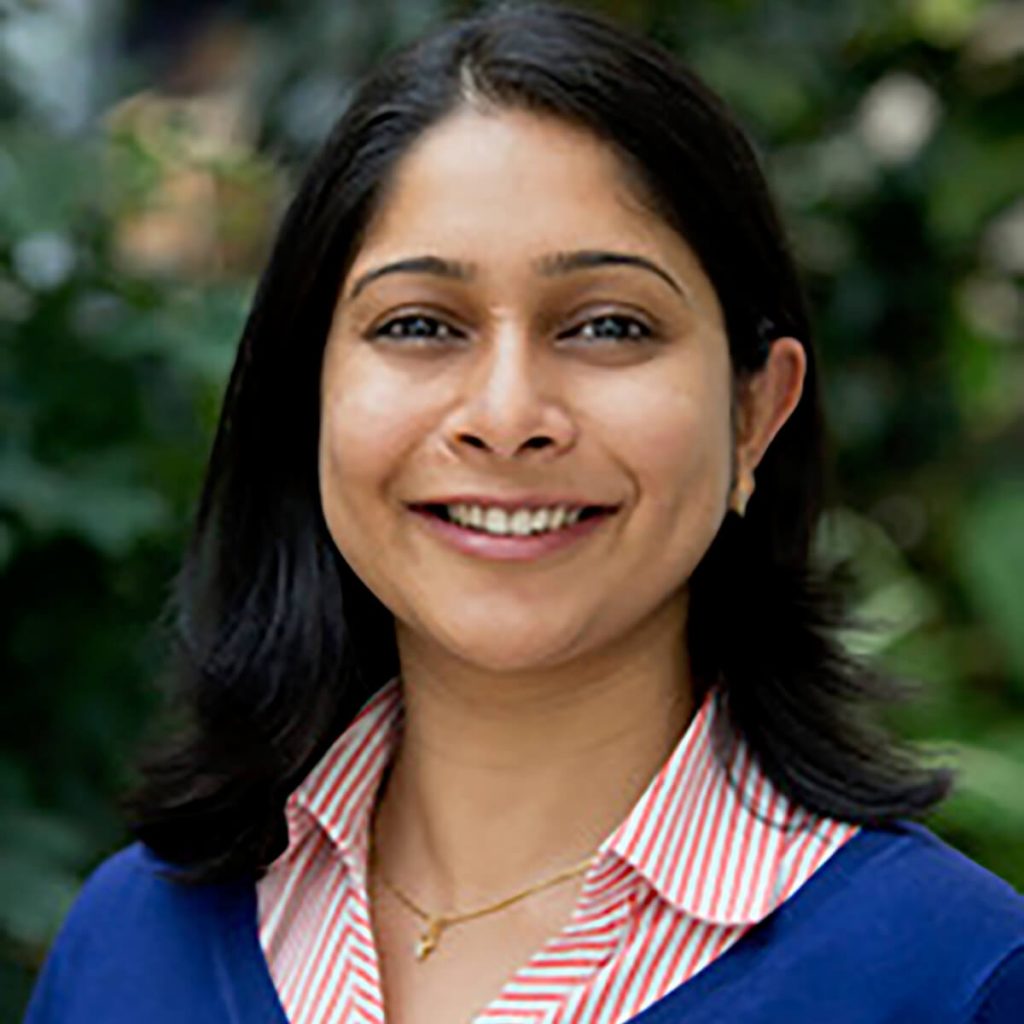
Dr Debadayita Raha completed her PhD from the University of Reading in International Development, analysing women, water management and rural development policies in India. After completing her PhD, she was a post-doctoral research associate at the University of Nottingham. Debadayita has an MSc from the Tata Institute of Social Sciences (TISS, Mumbai) focused on urban and rural community development projects in the Global South. She has also worked as a Senior Executive, Community Development within a Corporate Social Responsibility (CSR) Team in TVS Motor Company Ltd.
Areas of expertise
Global food security; Rural communities of the Global South; Gender and division of labour; Environment; Ethical consumption and production
Recent publications
- Davies-Vollum, K.S., Raha, D., Koomson, D., (2021). Climate Change Impact and Adaption: Lagoonal Fishing Communities in West Africa. In: Leal Filho, W., Ogugu, N., Adelake, L., Ayal, D., da Silva, I., (eds) African Handbook of Climate Change Adaption. Springer, Cham.
- Koomson, D., K. S Davies-Vollum., Raha, D., (2020). Characterising the vulnerability of fishing households to climate and environmental change. Insights from Ghana, Marine Policy 120, No. 104142.
Professor Anne Tallontire
Sustainability Research Institute, School of Earth and Environment, University of Leeds

Professor Anne Tallontire is an inter-disciplinary social scientist, with qualifications in economics, politics and development studies. She completed her PhD on Fair Trade in coffee in 1999 and has also explored a range of sustainability and labour rights standards. Much of her research focuses on the way in which the private sector, including through corporate social responsibility, affects sustainable development, particularly in the food sector, and has involved inter-disciplinary collaborations. Anne’s concern is to understand who benefits and how, the articulation of producer and worker voice and ultimately how more sustainable and equitable outcomes can be generated. She is also interested in the nature of partnership between different kinds of organisations.
Areas of expertise
Sustainability Standards; Sustainable supply chains; Partnership development; Producer voice; Impact
Recent publications
- Tallontire, A., Mendoza, A., Justice, J., Kour, H., Kaiser, J., Hastings J., (2020). Towards a collaborative approach between practitioners and academics: insights from an academic-Fairtrade collaboration. Food Chain, 9 (1), pp. 58-77
- Howard, R. J., Tallontire, A. M., Marchant, R. A., (2016). Which “fairness”, for whom, and why? An empirical analysis of plural notions of fairness in Fairtrade Carbon, using Q methodology. Environmental Science and Policy, 56, pp. 100-109
Join the Directory
To join the Directory, please complete an application form (download) and send to university@fairtrade.org.uk with a headshot in PNG or JPEG format.
N.B. Joining the directory fulfils criterion RC007 of the Fairtrade University and College Award.
Fairtrade Research for Learning Agenda 2021
The aim of the Fairtrade Research for Learning Agenda is to share topics and research questions of practical relevance for Fairtrade. Click here to discover the research priorities which are not yet covered by ongoing research and for which Fairtrade International does not have the resources to invest.
If you are a researcher and you are working on, plan to work or have interest on these topics, Fairtrade International are interested to hear from you. Please get in touch at impact@fairtrade.net. If you are a student, kindly first consult the Fairtrade International student research policy.